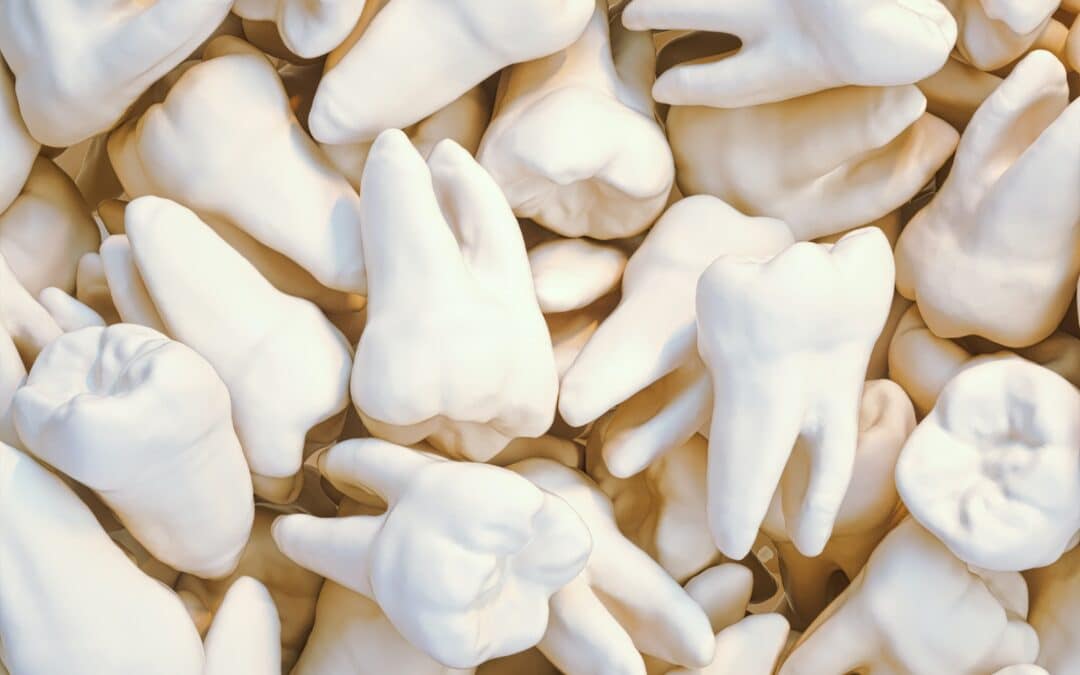The eruption of wisdom teeth, or third molars, is a rite of passage that often leaves people grappling with the decision of whether to have them removed. Although wisdom teeth extraction is a common dental procedure, it’s essential to understand the factors that influence the necessity of this intervention. In this article, we’ll unravel the complexities surrounding wisdom teeth and delve into the crucial aspects that determine whether extraction is warranted.
Wisdom Teeth: A Brief Overview
Wisdom teeth typically appear between the ages of 17 and 25, earning them the moniker “wisdom teeth” due to their arrival at a more mature age. These third molars are remnants of our evolutionary past when our ancestors required extra molars to grind fibrous plant matter. However, over time, the human jaw has reduced in size, leaving less room for wisdom teeth to erupt properly. This lack of space can lead to a variety of complications, prompting the need for extraction.
Factors to Consider Before Extraction
Wisdom teeth removal is not always necessary. The decision to extract these teeth largely depends on their positioning, potential for complications, and your overall oral health. Here are some factors to consider when determining the need for extraction:
Impaction and Positioning
Wisdom teeth may become impacted, meaning they do not fully erupt or remain trapped within the jawbone due to insufficient space. Impacted wisdom teeth can cause pain, swelling, and infection. Additionally, partially erupted wisdom teeth can create hard-to-clean pockets, leading to gum disease and tooth decay. In such cases, extraction is usually recommended.
Crowding and Alignment
The eruption of wisdom teeth can sometimes cause crowding or misalignment of neighboring teeth. If your dentist determines that your wisdom teeth may jeopardize the alignment or health of your other teeth, they will likely recommend extraction to prevent future orthodontic issues.
Infection and Decay
Wisdom teeth situated at awkward angles may be challenging to clean and maintain, making them susceptible to bacterial infections, tooth decay, and gum disease. If your dentist believes that your wisdom teeth may pose a risk to your oral health, they may advise extraction to prevent the development of these complications.
Cysts and Tumors
In rare cases, impacted wisdom teeth can lead to the formation of cysts or tumors around the tooth’s root. These growths can damage the jawbone and surrounding teeth, necessitating wisdom teeth removal to mitigate further complications.
The Extraction Process
If your dentist determines that wisdom teeth extraction is necessary, the procedure can be performed by an oral surgeon or a general dentist with experience in extractions. The process typically involves administering local, sedation, or general anesthesia, depending on the complexity of the extraction and your comfort level. Your dental professional will then remove the wisdom teeth, suture the extraction sites if necessary, and provide post-operative care instructions to ensure a smooth recovery.
Personalized Assessment for Informed Decisions
Ultimately, the decision to remove wisdom teeth hinges on several factors specific to your individual circumstances. Regular dental check-ups are crucial in monitoring the development and positioning of your wisdom teeth and mitigating potential complications. By engaging in open communication with your dentist, you can make an informed decision about wisdom teeth extraction and maintain a healthy, radiant smile.


